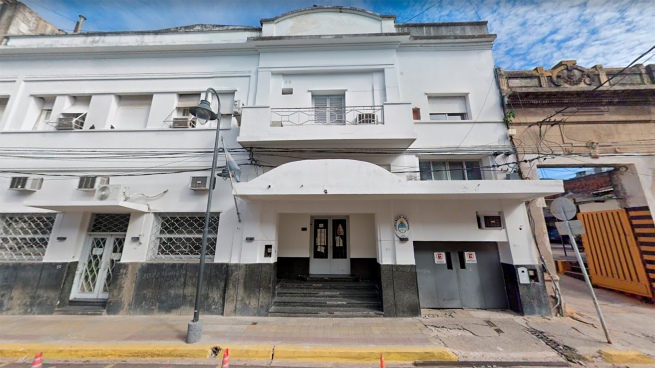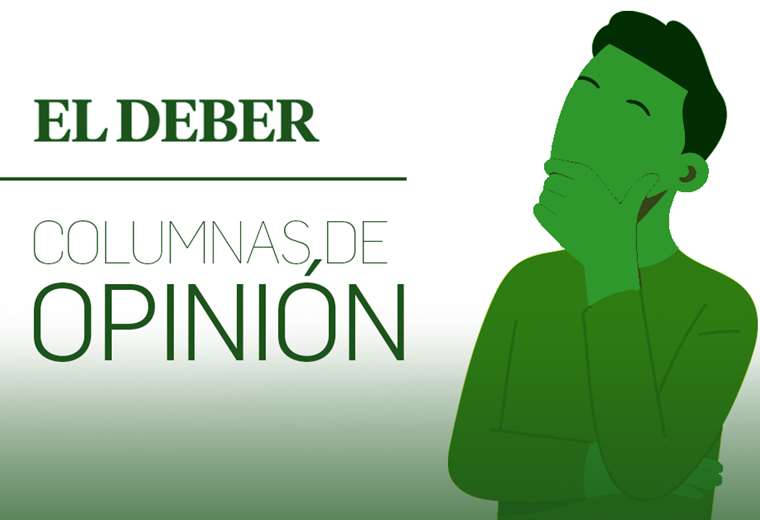The federal judge of first instance of Corrientes Gustavo Fresneda declared the unconstitutionality of the Solidarity and Extraordinary Contribution (law 27,605) in the case of a businessman from that province, which led to a series of criticisms launched by jurists and constitutional lawyers.
Fresneda, judge of Paso de los Libres and surrogate in Federal Court No. 1 of the capital of Corrientes, ruled in favor of a rancher specialized in breeding the Brangus breed, according to the resolution to which Télam had access.
“The effective rate of the solidarity contribution on the actor’s income for the year 2020 would be 118,658.78%, to which must be added what the plaintiff must pay as Personal Property Tax, for which the ‘solidarity contribution and extraordinary’ would cause in the specific case a manifestly inadmissible absorption of income and assets”, resolved Fresneda, who in the ruling claimed to be based on a doctrine issued by the Supreme Court.
Fresneda recalled that the Corrientes businessman also faces the payment of Profits, which, added to the solidarity contribution, would be “exceeding the reasonable limits of taxation and resulting in confiscation and violation of property rights.”
The resource through which the MUI businessman appeared in court was a declaratory action of certainty.
Questions to failure
In reference to the Solidarity Contribution, the constitutional lawyer and sociologist of the UBA Roberto Gargarella pointed out that “you may or may not like it, but it is not unconstitutional.”
“Let’s stop inventing what the Constitution does not say. Congress has the right to set that contribution or another larger or more extended one, without any constitutional obstacle. Nothing in the idea of property prevents it,” said the lawyer from his Twitter account. .
For his part, the constitutional lawyer Eduardo Barcesat argued that the fact that a judge “understands that what a higher court is pointing out as one of the necessary elements to ward off the pandemic is unconstitutional is legal nonsense.”
The wealth tax may or may not be liked, but it is not unconstitutional. Let’s stop inventing what the Constitution doesn’t say. Congress has the right to fix that contribution or another greater or more extended one, without any constitutional obstacle. Nothing in the idea of property prevents it.
— Roberto Gargarella (@Rgargarella) August 9, 2022
The decision of the judge of Corrientes is contradictory with other judicial rulings of superior courts that were known in recent monthsas resolved by the Federal Chamber of Resistance, which on June 29 dismissed an appeal filed with a similar purpose by former soccer player and agricultural businessman Gabriel Batistuta, whose claim was denied by judges María Denogens, Rocío Alcalá and Patricia García.
A similar pronouncement corresponded to room II of the Federal Administrative Litigation Chamber, made up of José Luis López Castiñeira, María Claudia Capu and Luis Márquez, which on July 2, 2021 ratified a first instance ruling rejecting a precautionary measure filed by the businessman GAK, who had also requested the unconstitutionality of Law 27,605.
As to the constitutional foundations of the Solidarity Contribution, Barcesat stressed that it is a law that assumes “the recommendations of the Inter-American Commission on Human Rights (IACHR)”in particular “in Resolution 1 of 2020”, issued by the hemispheric organization “regarding the state of need generated by the pandemic and the need to generate resources to alleviate it and enable access to vaccination for the entire population “.
One of the points of that IACHR Resolution, added the jurist, explicitly raises “the need to impose extraordinary contributions limited to the validity of the pandemic and its effects.”
“That Resolution begins with a description of the values that are at stake as a result of the pandemic: the life, health and integrity of people; then, it describes the enormous inequality that exists in the Latin American continent.”
Along these lines, he continued: “I have not seen a previous piece of the IACHR that has the deep and exhaustive examination that this resolution has, and that later expands on 80 specific proposals, among which there are two that greatly concern this matter”.
Barcesat argued that Argentina “Not only has it ratified the most important international human rights treaties, but in 1994 it gave them the status of a constitutional clause and, therefore, they form part of the Supreme Law of the Nation,” in addition to having “ratified the additional protocols of these treaties”.
“In the case of the IACHR and the Inter-American Court of Human Rights, I understand that their pronouncements are guiding and binding. So, when I was invited to speak about this in the Senate of the Nation, I made known this position that I am reiterating now , because I believe that it is the best approach and that it also corresponds to the declarations and requirements of both the IACHR and the World Health Organization (WHO),” explained Barcesat in dialogue with this agency.
And he added: “To date, the pandemic, unfortunately, has not been extinguished, nor reconverted, nor has it passed into another category. It is still a pandemic”.
The AFIP, as the public body in charge of applying the Solidarity Contribution, appeared in the case initiated in the Corrientes court to defend the constitutionality of Law 27,605: in its presentation it stressed that it is an extraordinary payment resulting from the pandemic and not of an additional tax.
“It was established as a result of the magnitude of the expense that the State must face for the assistance role assumed in the face of the emergence of the pandemic; it is adjusted to the constitutional principles in matters of taxation, distinguishing itself from the tax on personal assets; and it is calculated on equity and not on the income produced by the assets,” argued the AFIP.
The extraordinary contribution is an aliquot of between 2 and 3.5% on all assets existing as of December 18, 2020 of individuals and undivided successions, whose total value exceeds $ 200,000,000.








